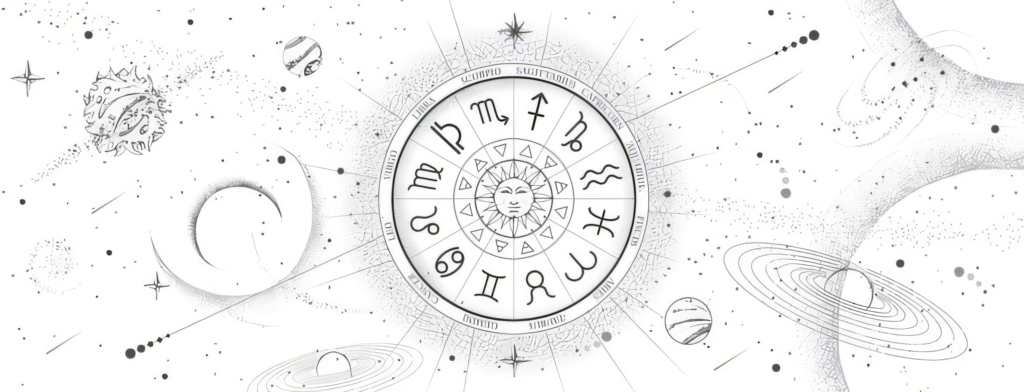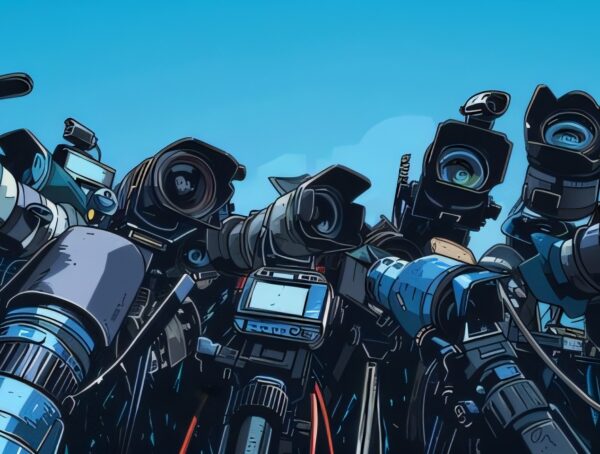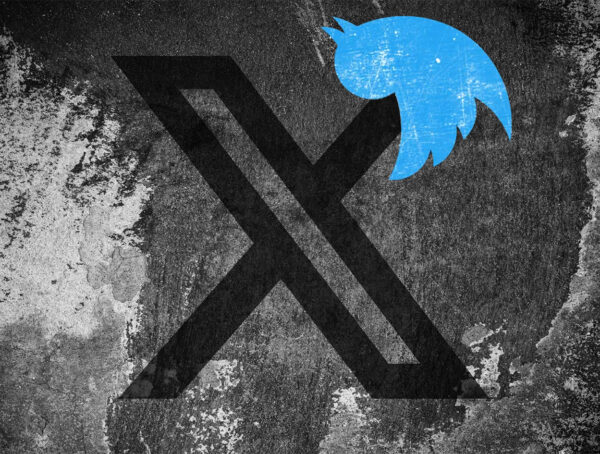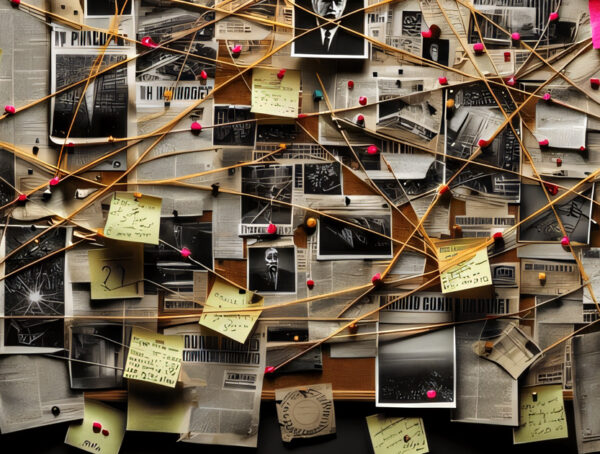TL;DR: Horoscopes and similar phenomena exploit the Barnum Effect, a psychological bias that makes people believe vague, generalized statements are uniquely personal. This effect explains why many rely on astrology, despite its lack of scientific basis. The phenomenon is reinforced by cognitive biases like confirmation bias, subjective validation, and the illusion of control. While horoscopes can provide entertainment and motivation, problems arise when people use them to make major life decisions.
Historically, astrology served as a proto-religion, offering existential answers and connecting humans to the cosmos. Though its cultural roots are meaningful, modern horoscopes often resemble “fortune cookies” rather than profound insights. Ultimately, our belief in horoscopes reflects a universal human need for comfort, purpose, and connection in an unpredictable world.
The Psychology of Believing Fortune Cookie Wisdom
I have a few thoughts I wanted to share about astrology. And no, I’m not talking about the actual study of celestial bodies. Im talking about horoscopes. Particularly the large gorup of humans that confidently rely on them as a guide or to make decisions. The sister who swears Mercury in retrograde is why her love life is a disaster. Or a coworker who won’t sign a contract unless Jupiter aligns with Venus. That friend who believes that being a Gemini is her only personality trait.
So why are so many people, otherwise functioning adults, hanging on every word of horoscopes as if Nostradamus himself scribbled them himself. Interestingly, the answer lies in a psychological phenomenon known as the Barnum Effect, and it’s one of the simplest yet most brilliant tricks the human mind plays on itself.
Let’s break this down.
The Barnum Effect Explained
The Barnum Effect is named after P. T. Barnum, known to have famously coined, “There’s a sucker born every minute. ” He was an American showman and founder of the famous Barnum & Bailey Circus, known for his sensational marketing and ability to captivate audiences with extraordinary and bizarre exhibits. The Barnum Effect refers to the tendency for people to accept vague or general personality descriptions as highly accurate representations of themselves. This psychological phenomenon has crucial implications in various fields, including psychology, marketing, and even astrology. In today’s diverse landscape of communication, particularly highlighted by the slang evolution in modern communication, individuals are often more susceptible to these broad claims, as they seek affirmation and connection through relatable content in social media and other platforms. This susceptibility is exacerbated by the rise of personalized content on social media, where influencers and brands frequently use techniques that capitalize on the Barnum Effect to engage their audiences. The slang transformation in modern communication has further amplified this phenomenon, as users navigate an ever-changing landscape of language that fosters a sense of belonging and identity. As a result, individuals are more likely to embrace generic affirmations that appear to resonate with their experiences, reinforcing the cycle of acceptance and validation in their social interactions.
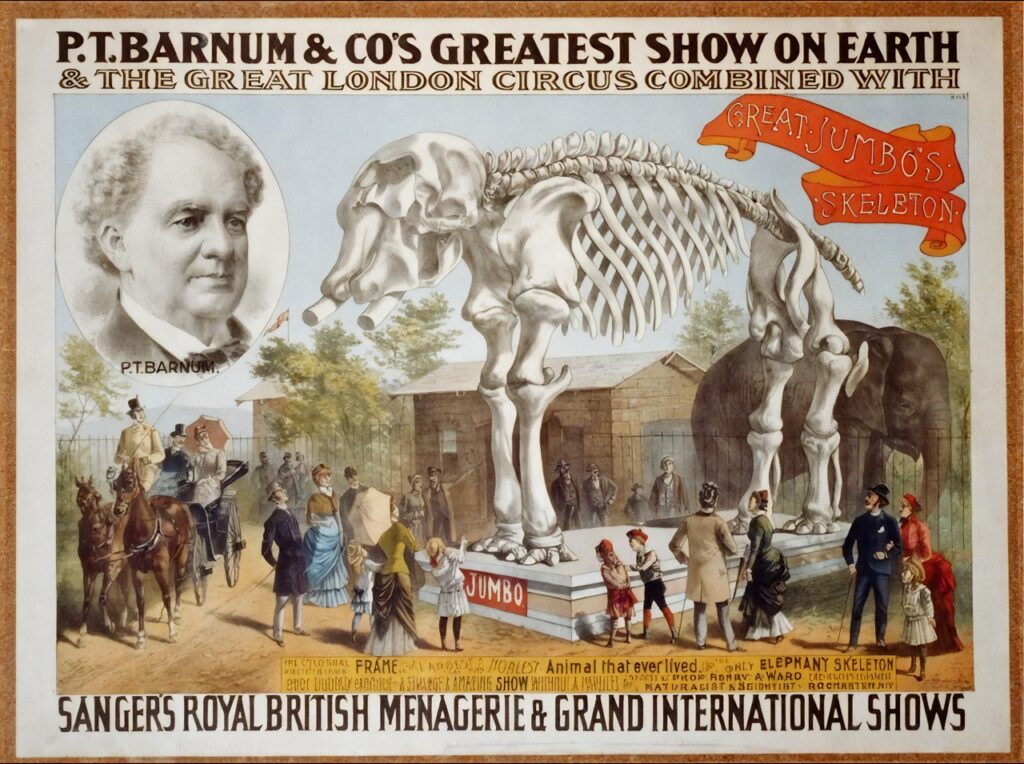
He is often regarded as a pioneer of modern entertainment and popularized the phrase, “There’s a sucker born every minute.”. He had a talent for persuading people to believe in extraordinary claims and spectacles, demonstrating how easily vague or generalized appeals can feel personally meaningful.
In 1949, psychologist Bertram Forer conducted an experiment that revealed just how susceptible people are to vague, generalized statements. The results are interesting. Forer’s experiment involved giving participants a personality test, followed by a detailed analysis that they believed was tailored to them. In reality, every participant received the same generic description, yet they rated it remarkably high in accuracy. This phenomenon highlighted the times psychologists pushed boundaries of curiosity, demonstrating how easily individuals project their own traits onto ambiguous statements, leading to the study of cognitive biases and the intricacies of human perception. This discovery not only shed light on the quirks of human perception but also sparked further exploration into cognitive biases. The Forer effect, as it became known, exemplified the need for skepticism in psychological assessments and highlighted the role of curiosity in psychological research. As scholars delved deeper into these phenomena, they uncovered myriad ways in which human cognition can be influenced by belief, expectation, and context, ultimately paving the way for more rigorous scientific approaches in the field.

Forer gave his test subjects what he described as a “unique personality analysis,” claiming it was tailored to each individual based on a personality test they’d taken earlier. In reality, every single person received the exact same paragraph. It read as follows:
And on and on it went, with generic statements that could apply to, well, anyone.
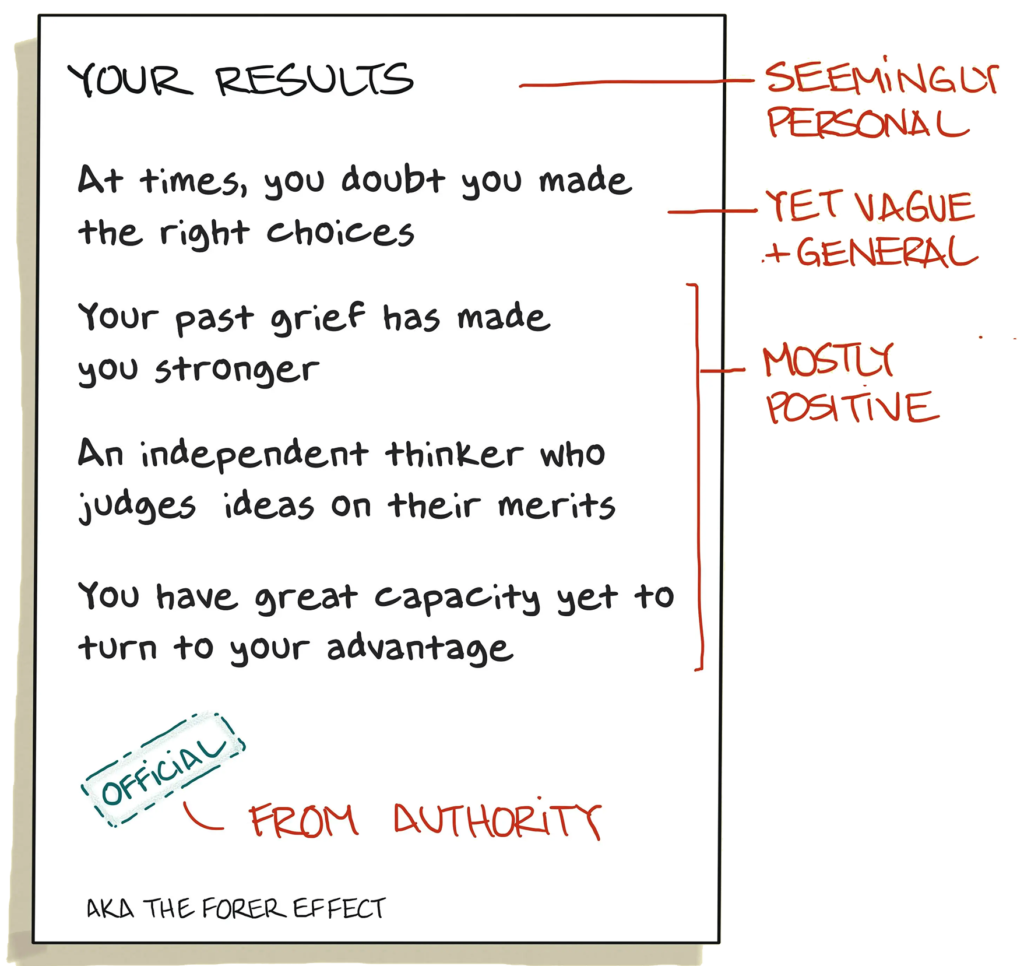
After reading their “personal analysis,” participants were asked to rate its accuracy on a scale of 0 to 5. The average score? 4.26 out of 5. People overwhelmingly believed the vague nonsense was an accurate description of themselves.
This is the Barnum Effect: when someone believes a generalized, ambiguous statement is specifically about them because it feels personal and true. It’s the reason horoscopes work. It’s the reason psychic readings work. And it’s why “you’re special and unique” sells so well in self-help books.
How Horoscopes Use the Barnum Effect
Now, let’s apply the Barnum Effect to horoscopes.
Here’s a fun exercise. Open any horoscope… let’s say this one:
Capricorn: Today, you will face challenges, but if you stay determined, good things will come your way. A friend may offer you support.
Does this sound like something specifically about a Capricorn? Or does it sound like literally every single human experience that has ever occurred in the history of mankind?
If you’re alive, chances are you’ve faced some kind of challenge today. If you have friends, it’s not shocking that one of them might support you at some point. This statement has as much cosmic wisdom as me telling you, “If you eat food today, you’ll probably feel full.”

The truth is, horoscopes rely on the same formula Bertram Forer used: ambiguous phrases and broad generalizations that can apply to anyone.
Beyond the Barnum Effect, there are other cognitive biases that reinforce belief in horoscopes.
Confirmation Bias:
People remember the “hits” and forget the “misses.” If a horoscope predicts “a big opportunity,” and something mildly convenient happens that day, believers will attribute it to the stars. If nothing happens, they just move on and blame Mercury for being in retrograde.
Subjective Validation:
This is when people interpret vague statements in a way that feels personally meaningful. For example:
- “You will meet someone who changes your perspective.”
This could mean a stranger, a friend, or even a dog. People choose to make it fit their lives.
The Illusion of Control:
Life is chaotic and unpredictable. Astrology offers comfort by pretending the universe has a plan for you. It’s much nicer to believe Saturn’s rings control your finances than to accept that maybe you’re just bad with money.
Horoscopes: Timeless or Trivial?
So what’s the big deal if millions of people believe vague horoscopes? As entertainment, it’s harmless. A bit of fun or a little motivation, that’s all fine. Reading them actually does have a large useful benifit. They influence a better consciousness and connected to life.
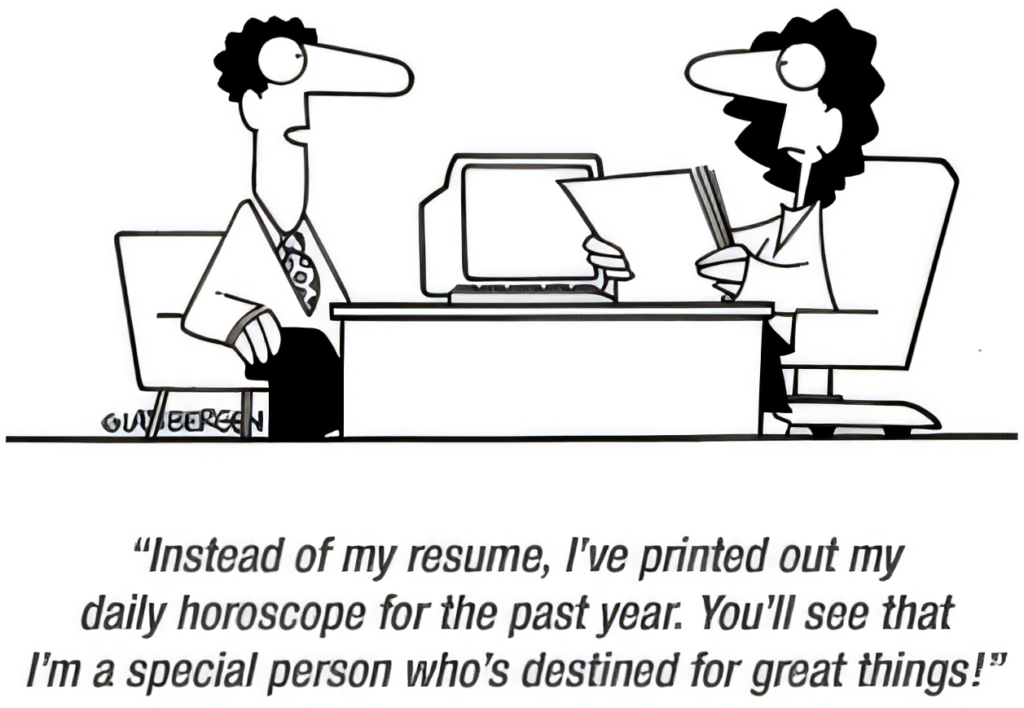
But here’s the reality: according to the Barnum Effect, those horoscopes are going to “resonate” no matter which month you read, so long as they think it’s tailor-made for them. It’s fascinating, in a bizarre way. The problem arises when people start making major decisions about relationships, careers, and finances based on what amounts to glorified fortune cookies. However, it speeaks volumes about how powerful the human mind is.
Here’s a Fun Fact: a 2017 survey by YouGov revealed that 29% of Americans believe in astrology. and Millennials are a staggering 38%. We’re talking about tens of millions of people basing their lives on the position of gas giants millions of miles away.
Horoscopes: Ancient Wisdom or Assembly-Line Content?
Ancient astrology, while not a fully organized religion, functioned as a sort of proto-religion. It provided answers to the existential questions our ancestors faced every day: Why are we here? What does it all mean?
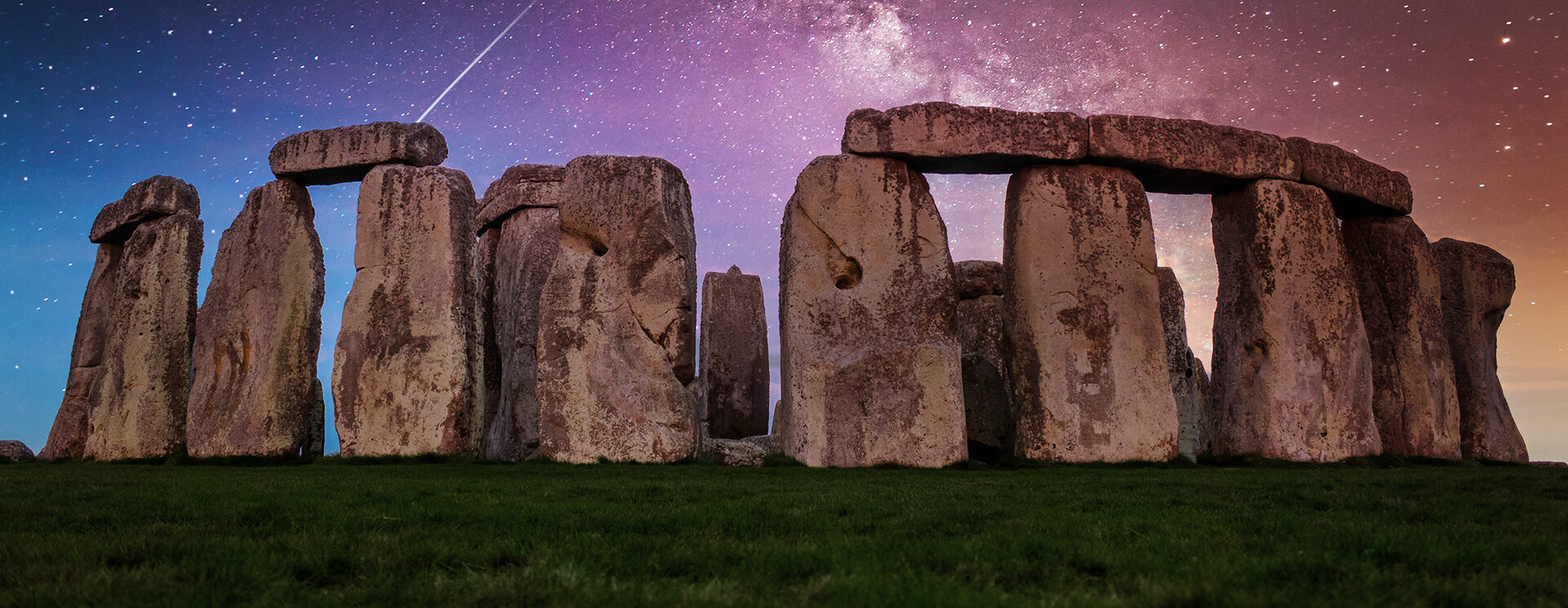
The celestial bodies, planets, stars, and the moon weren’t just distant lights in the sky; they were manifestations of the divine, instruments of gods, or even the gods themselves. Like any religion, astrology had its rituals, its sacred texts, and its priesthood. Astrologer-priests were seen as intermediaries, blessed with insight into the will of the cosmos, much like clergy interpreting divine scripture.
People didn’t just observe the stars; they relied on them, and had a true vital meaning. When an eclipse appeared, it wasn’t just a natural phenomenon, it was a message from the gods, a call to repent or prepare. There is massive usefulness in that frame of thinking. The interconnectedness of the human and celestial realms reinforced a spiritual worldview, one in which everything had purpose, order, and connection.
1. Belief in Higher Powers or Cosmic Forces
Ancient astrology was rooted in the idea that celestial bodies were either divine beings themselves or instruments of the gods. Planets, stars, and other celestial phenomena were believed to influence earthly events, reflecting the will of higher powers.
- Example: In Mesopotamian cultures, celestial bodies like Jupiter or Venus were directly tied to gods (e.g., Marduk and Ishtar), and their movements were seen as divine messages.
- Parallel to Religion: This is similar to how religions view gods or supernatural forces as shaping human life and natural events.
2. Rituals and Practices
Astrology was often embedded in ritualistic behavior, much like organized religion. Celestial events—such as eclipses, solstices, or planetary alignments—were marked with ceremonies, sacrifices, or festivals.
- Example: The ancient Egyptians aligned temples and tombs with the stars to honor their gods and guide souls to the afterlife. The rising of Sirius marked the annual Nile flood, celebrated with rituals.
- Parallel to Religion: These rituals mirrored the ceremonial aspects of religion, where events in the heavens connected humanity to the divine.
3. Sacred Texts and Interpretations
Astrological knowledge was often codified in texts that were considered sacred or, at the very least, authoritative. Priests or astrologer-priests were responsible for interpreting the celestial patterns.
- Example: The Babylonians produced star charts and cuneiform tablets that documented the movements of celestial bodies and their predicted effects.
- Parallel to Religion: Like religious scriptures, these texts were treated as sources of wisdom, guidance, and prophecy.
4. Priesthood and Authority Figures
Astrology was not a practice for the average person; it was often the domain of specialized elites like priests, shamans, or astrologers who were believed to possess divine insight.
- Example: In ancient Mesopotamia and China, astrologers were often advisors to kings, interpreting the stars to guide political and military decisions.
- Parallel to Religion: Religious systems also feature clergy or shamans as intermediaries between the divine and human realms.
5. Moral and Predictive Framework
Astrology offered explanations for events like natural disasters, wars, or plagues, and provided frameworks for decision-making. This moral and predictive aspect resembles religious teachings, which often aim to give order and meaning to life.
- Example: An eclipse might be seen as an omen of the gods’ displeasure, prompting communities to perform rituals of atonement.
- Parallel to Religion: Religions also interpret events (e.g., blessings, punishments) as reflections of divine will and guide behavior accordingly.
6. Cosmic Order and Human Connection
Ancient astrology emphasized the interconnectedness of humans and the cosmos—a concept deeply spiritual in nature. The celestial “order” reflected harmony, purpose, and a divine structure.
- Example: In ancient Greece, astrology and mythology were intertwined; celestial movements reflected the stories of gods and heroes, reinforcing cosmic order.
- Parallel to Religion: This aligns with religious cosmology, which sees the universe as divinely ordered and humans as part of that grand design.
7. Answering Existential Questions
Like religion, astrology offered answers to existential questions about human fate, purpose, and the nature of life. It provided meaning in a chaotic and unpredictable world.
- Example: By interpreting the stars, people sought to understand their personal destinies, their roles in society, and even the afterlife.
- Parallel to Religion: Religions similarly address questions of purpose, fate, and human suffering.
Key Distinction: Astrology as Proto-Religion
While ancient astrology shared much with organized religion, there are distinctions. Astrology lacked a unified doctrine or centralized institutions like temples or churches, although it often existed alongside established religions. Instead, it functioned as a spiritual and practical system, blending myth, ritual, and observation to make sense of the world.
- Example: In Babylon, astrology was practiced alongside religious worship of deities. Astrology informed decisions, but it did not replace worship.
So astrology wasn’t just superstition to our ancestors; it was a necessary bridge between the observable and the divine, between survival and understanding. Astrology itself has ancient and useful roots.The movement of celestial bodies was encapsulated with awe and reverence, and whether you agree with it or not, they are a product of our collective evolutionary history as a species.
Finding Purpose in the Stars
The Barnum Effect reveals something uncomfortable about human nature: we’re easy to fool. We desperately want to believe we’re special, and we’ll even look in the daily horoscope for validation.
But here’s the truth. Nobody is special because Jupiter aligned with Mars. they are not cursed because they were born during Mercury retrograde. You are not “such a Sagittarius” for being indecisive. You are special because you’re human, and you have free will to make choices based on reason and logic; not vague predictions written by someone in a cubicle at a lifestyle magazine.
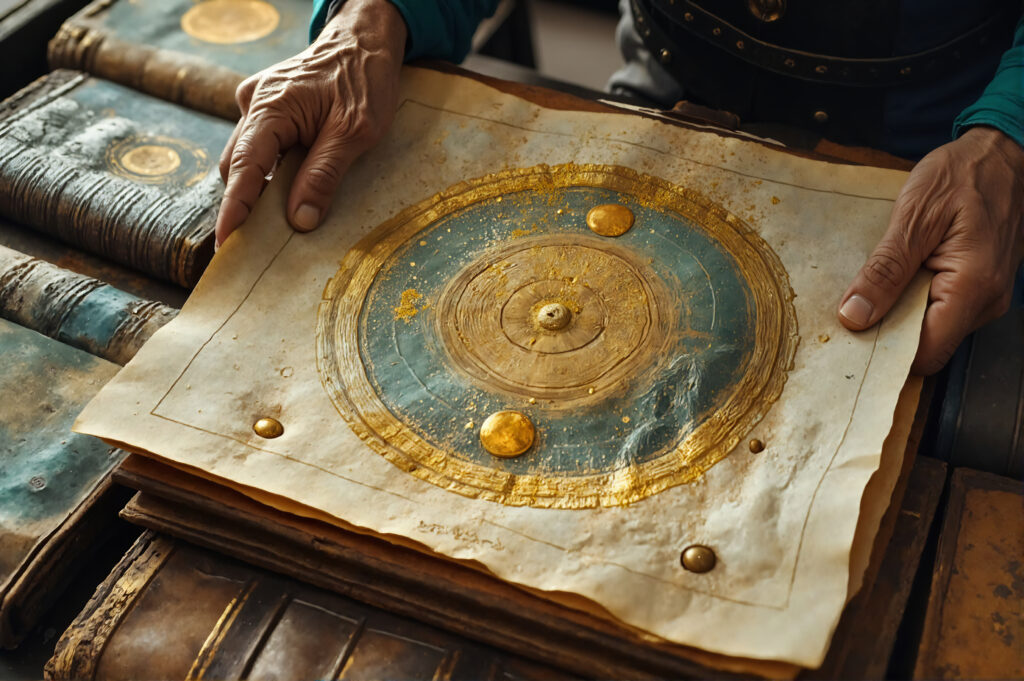
Here’s the thing: horoscopes aren’t entirely useless. They help people feel more connected to life and provide motivation. There’s a psychological benefit to believing in something greater than yourself because humans are wired for it. That’s why people line up at midnight for the next Marvel blockbuster or build shrines to their favorite superheroes. What do you think is happening when a grown adult waits hours to see a movie, collects every figurine, and immerses themselves in the lore? It’s the same desire for purpose, for meaning, for a story that feels bigger than their own.
Whether it’s religion, astrology, money or fandom culture, we all cling to something. In the case of horoscopes, it’s the stars, and something that gets people through their day. Maybe instead of sneering at horoscopes, we should consider it’s usefulness, evolutionary connection, and the human void every human experiences. In a chaotic world, we cling to whatever gives us comfort and purpose. Whether it’s a man in the sky, a horoscope or a hero in a cape, it’s all just proof that we’re wired to look for a larger meaning than ourselves to guide us through life
More from Informative
Why You Can’t Trust the News Anymore
In today’s media landscape, the illusion of an unbiased, purely journalistic fourth estate is as believable as a late-night infomercial …
How the Pros Use X: Tweeting Tactics for Explosive Growth
The Hidden Science of X's Tweet Visibility Most users assume their tweets are simply tossed into the mix, waiting to be …
Conspiracy Theories That Came True
Conspiracy theories used to be the stuff of unsourced whispers in poorly lit basements, but in today's internet age, they've …









